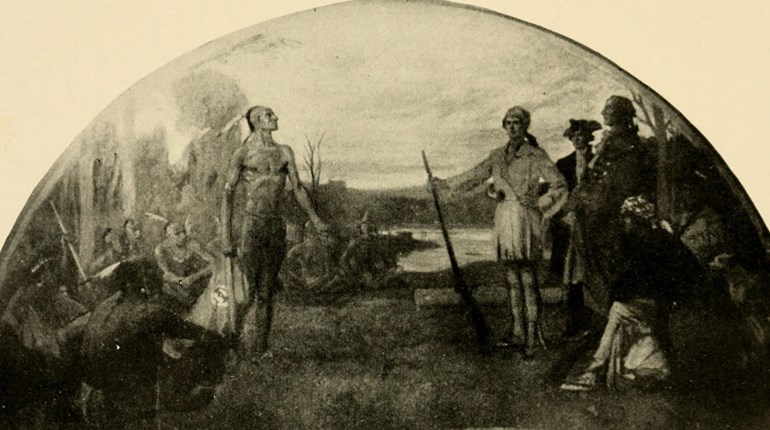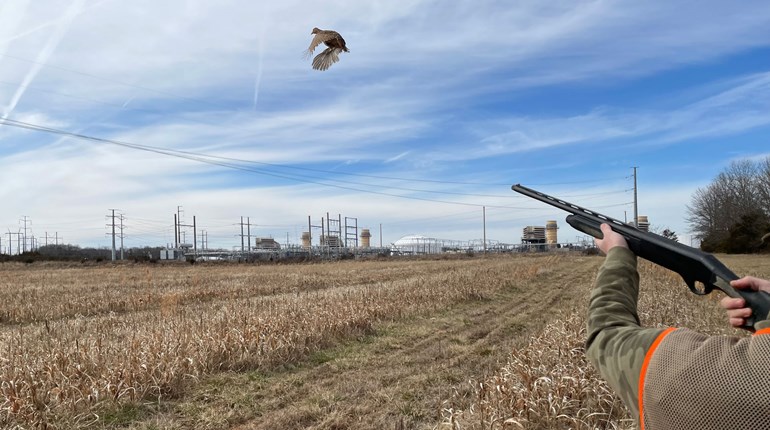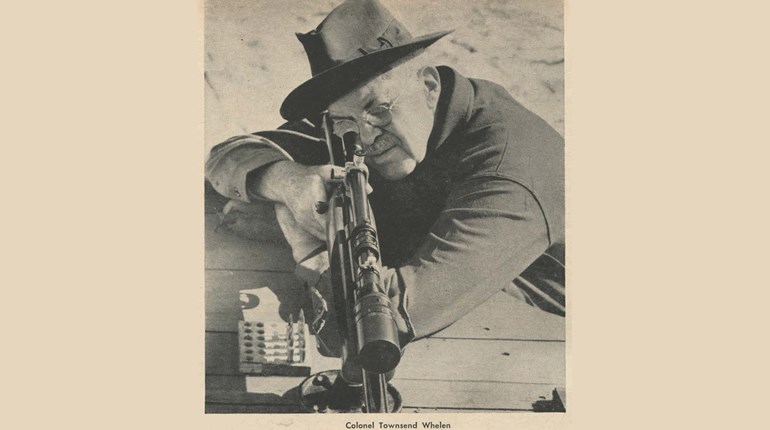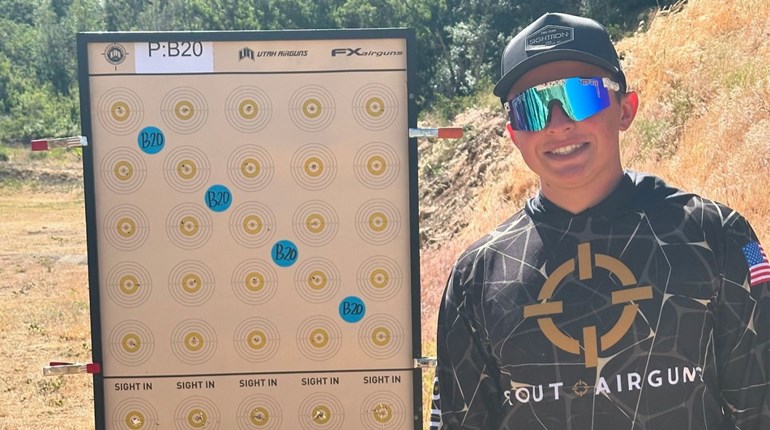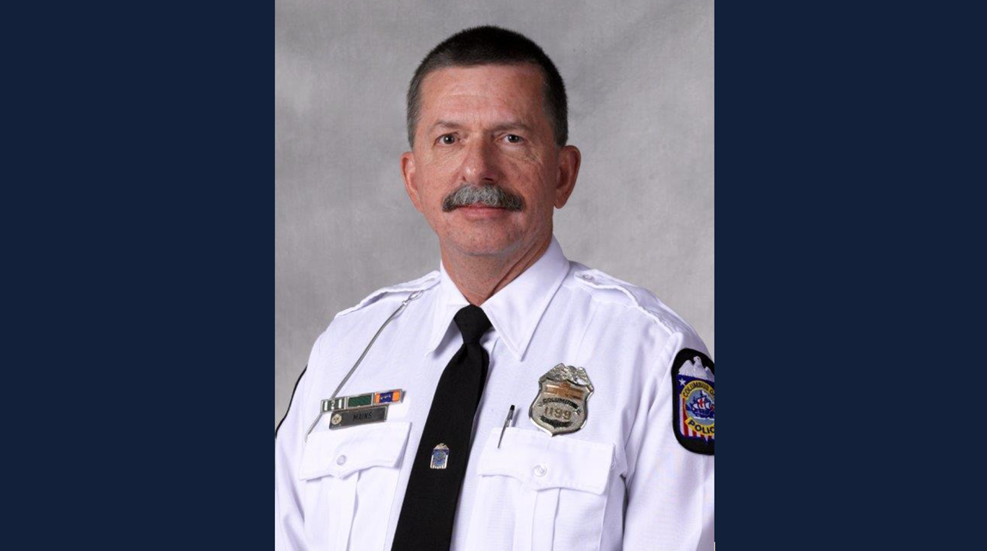
Police officers across America are under scrutiny today like never before, both by members of the public and their own departments. Yet certain young people—both men and women—are still drawn to this exciting, honorable profession. However, it’s not for everyone. So, before you raise your right hand and swear to “protect and serve” here are a few things to think about.
Gary Mains was a career officer with the Columbus (Ohio) Police Department, one of the largest police agencies in the Buckeye State. He spent 22 years doing typical police officer work—basically a uniformed street cop—then for the last 10 years of his career was a fulltime firearms instructor at the CPD police range. Retiring six years ago, Mains remains not only an NRA member but also a certified NRA Pistol Instructor.
When he was a young person, a law enforcement career interested him because it was something “different,” he said, an unusual job that takes place mostly outdoors. “I thought I could help people and also help my community by becoming a police officer,” Mains said.
As with most law enforcement positions, Mains began his career as a recruit at the police academy. “There were about 35 recruits in my class, and the formal instruction lasted four months. I found the academy challenging but not extremely difficult. Some of the training was even fun, such as the pursuit-driving instruction and the firearms training. As recruits, we had two opportunities to pass the various parts of our training, and could be washed out of the class at any time if we didn’t pass. And, yes, there were a few recruits who did not graduate.”
Mains said that when new Columbus officers hit the streets today they still face four, month-long coaching periods with a mentor—an older, more experienced officer.
“The new officers work with a different coach each month, experiencing different shifts in different parts of the city. As part of their continued training, coaches try to expose the new officers to various traumatic situations—DOAs, serious vehicle accidents, shootings, etc.—to see if they can handle them, both physically and mentally. Not everyone can, and it’s better to see if a new officer can adjust to the grittier parts of the job sooner rather than later. New Columbus officers are considered on probation for a year and a half.”
Mains has vivid memories of his first five years on the job when he worked what is known as the “Short North” precinct of Columbus, Ohio’s state capital. “It was really rough and tumble during those days,” he said. “I remember catching many bad guys—burglars, thieves, robbers, rapists—but that’s not to say it happened every week or even every month. Those arrests were extremely satisfying because I knew I was protecting the public, and that’s what I had signed up to do.”
One of Mains’ more unusual cases involved him and his partner getting a radio call one night about a suspect who had just killed someone in a local bar, then fled the scene on foot. It was snowing that night, so Mains, his partner and various other officers were able to track the killer through the snow from the bar to his residence several blocks away.
“The suspect barricaded himself in the house, would not come out or communicate, so we ended up calling in the SWAT Team (Special Weapons and Tactics), which eventually ended the standoff by taking the guy into custody without further incident,” Mains said.
But not all arrests are necessarily dangerous, life-threating events; some can even be a bit humorous. Again, Mains and his partner were on patrol one night when they received a radio call about a burglar alarm alert at an appliance store. When they arrived, they saw that the large display window at the front of the store had been smashed and they assumed the suspect was still inside. There was a couch in the store intended for customers, and sure enough, there asleep on that couch was the suspect with a new radio in one hand and a new TV in the other.
“The guy was so out of it due to alcohol/drugs that he never woke up or even moved until we had him cuffed and in custody,” Mains said.
Law enforcement work often involves times of high stress, and Mains said that he handled it by relying on his coworkers, especially other officers, as well as his family. “Getting along with other officers is an essential part of police work, as those men and women literally have your back during times of emergency,” he said.
Mains is also a man of faith, so prayer and his church helped him cope. He also suggests that officers maintain outside interests, such as a hobby or two, so that they are not continually taking their job home with them mentally. Being in excellent physical condition also helps to moderate stress, with the added benefit that it gives an officer confidence that he or she can handle most any situation that might arise on duty.
“Like any job, being a police officer has its ups and downs, its good days and bad,” Mains said. “For instance, at times you may not agree with decisions made by your supervisors, but you still have to abide by them. And the paperwork involved with the job can sometimes be demanding. For me, plea bargains that prosecutors often made with defendants’ attorneys were discouraging at times, but yet that is part of our legal system.”
When a young man in his early 20s came to Gary Mains recently and asked his advice about whether or not to become a police officer, Mains gave him an unexpected answer.
“I asked him if he had ever considered becoming a firefighter instead,” said Mains. “It was a somewhat tongue-in-cheek suggestion, but still something to think about because everyone likes firemen, but not everyone likes police officers. That said, we definitely need more young people entering careers in law enforcement, as many police agencies these days can’t even get enough people interested to form a recruit class.”
So, if you are looking for a fulfilling, long-term career—not merely a job—the law enforcement field is currently wide open. An added enticement is that the salary and health benefits are good, at least in the larger law enforcement agencies, and a retirement pension awaits at the end of your career.
Again, law enforcement as a profession is not for everyone. But if you believe you may have what it takes to become a police officer, sheriff’s deputy or highway patrol trooper, such a career is something you may want to seriously consider. We're wishing you the best of luck in your pursuit!














